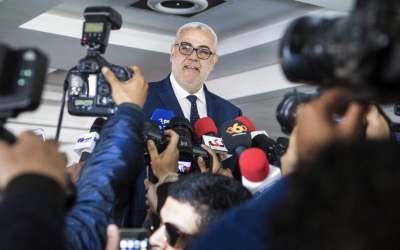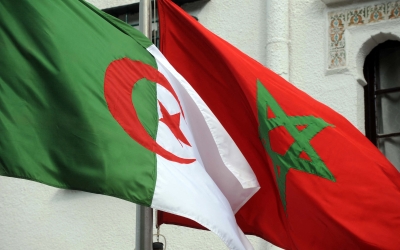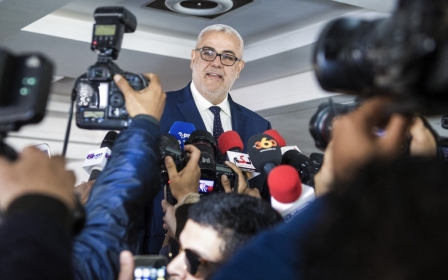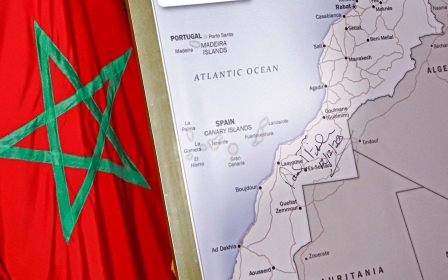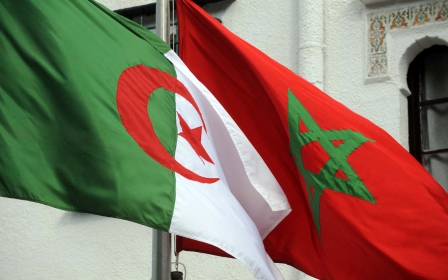Morocco: Voting begins under new election rules set to hinder ruling PJD
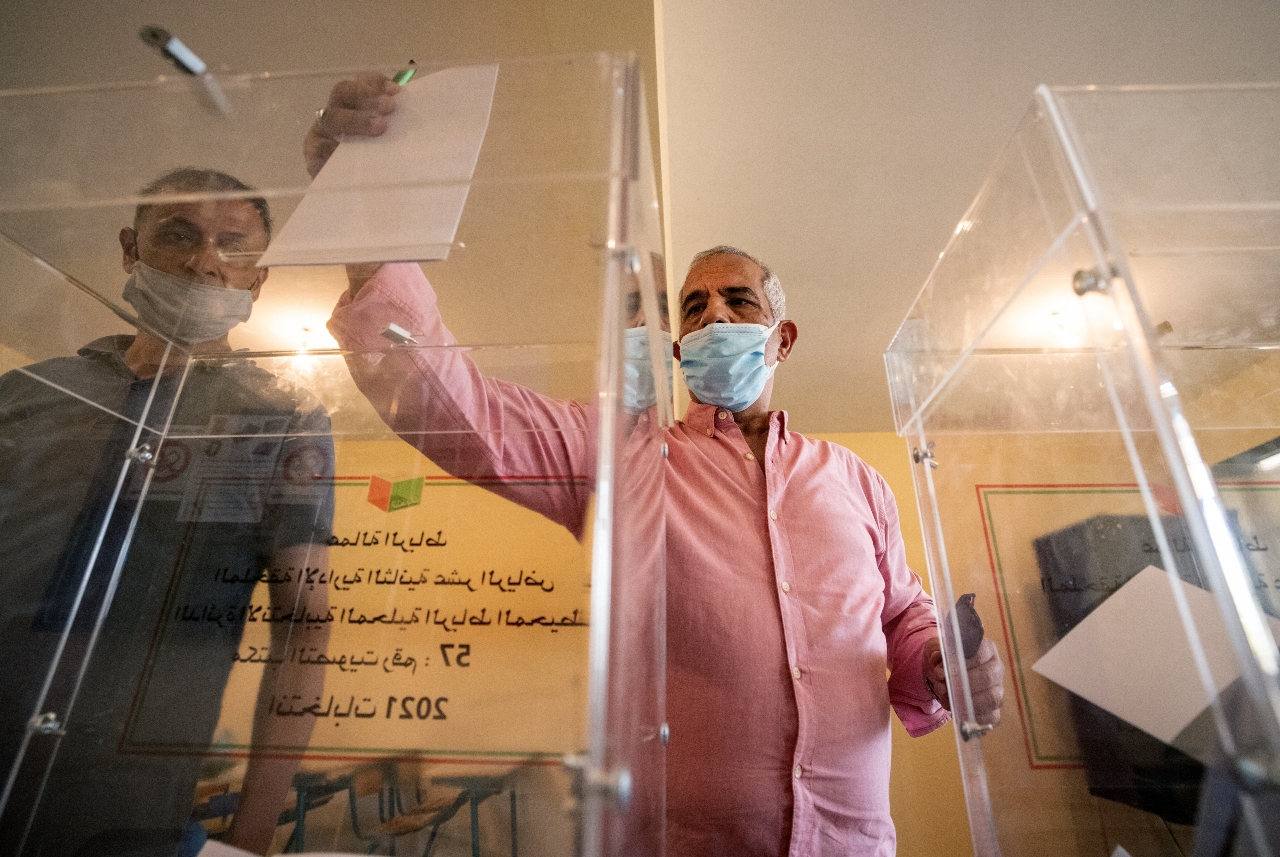
Moroccans began voting on Wednesday in parliamentary elections under new rules that were expected to make it much harder for the ruling moderate Islamist Justice and Development Party (PJD) to remain as the biggest party.
Doors opened at polling stations at 8am and will close at 7pm for the 18 million on the electoral roll, who will vote for 395 MPs and more than 31,000 local and regional officials.
Though election polls are banned, analysts expect the PJD to lose ground to its more pro-establishment rivals, the National Rally of Independents (RNI) and Authenticity and Modernity Party (PAM) parties.
Morocco is a constitutional monarchy where the king holds sweeping powers. He picks the prime minister from the party that wins most seats in parliament and appoints key ministers.
The palace also sets the economic agenda for the country of 37 million people and has commissioned a new development model that the new government is asked to implement.
The monarchy's dominant role means political parties espouse similar platforms focusing on education, health, employment and social welfare.
Turnout in parliamentary elections has generally been low, Reuters reported. This year the vote will be held on the same day as municipal and regional elections, which usually have higher participation, in a bid to improve turnout.
Despite having been the largest party since 2011, the PJD has failed to stop laws it opposes, including one to bolster the French language in education and another to allow cannabis for medical use.
The new voting rules, seen by PJD leaders as having been introduced specifically to target the numbers of seats they can win, change the way seats are allocated, making it harder for large parties to gain many seats.
A new amendment means the allocation of seats will be based on the number of votes cast as a percentage of registered voters, rather than simply as a percentage of votes cast, as is normal under most electoral systems.
As a result, the PJD is likely to lose as much as a third of its seats compared to the 2016 results, but because the minimum electoral barrier for a party to enter parliament has been removed, smaller parties will have a much greater chance to get seats.
Analysts have pointed out that no other country in the world allocates seats based on the number of registered voters.
"It will be theoretically impossible for any party to gain more than one seat per constituency," Rania Elghazouli, a Rabat-based researcher explained in a post on the Friedrich Naumann Foundation's website in June.
"No political party will be mathematically able to exceed 100 seats in parliament, making it very difficult to have a clear winner."
On the same vote share as in 2016, the new system could leave the PJD with around 80 seats, rather than the 125 it scored last time, making post-election coalition-building trickier.
'Above suspicion'
Swept to power in the wake of the 2011 uprisings around the Middle East and North Africa, the PJD still hope to secure a third term leading a ruling coalition.
Compared with demands back then for an end to "corruption and despotism," this year's two-week election campaign has been mostly stable, with no large gatherings due to the coronavirus.
In the final days, however, the PJD and its close rival the National Rally of Independents (RNI) have exchanged heftier blows.
Former prime minister and PJD leader Abdelilah Benkirane attacked the RNI boss, billionaire businessman and Agriculture Minister Aziz Akhannouch, in a fiery Facebook video on Sunday.
"The head of government must be a political personality with integrity who is above suspicion," he said.
Akhannouch, who is said to be close to the royal palace, retorted in an interview on Monday that the attacks were "an admission of failure" by his opponents, vowing not to respond, AFP reported.
Following the last elections in 2016, the RNI leader secured critical ministerial jobs for his party, including the economy and finance, and industry portfolios.
The election campaign has been marked by PAM's allegations that the RNI was buying votes, something denied by Akhannouch's party, while the PJD blasted excessive political spending without naming names.
'New model of development'
The lack of clear confrontation during the campaign has frustrated some voters and expectations for turnout are low.
"We want representatives with a clear vision, not people who just want to manage things from day to day," one voter on the streets of the capital Rabat told AFP.
Whatever the result, all political parties are expected to adopt a charter for a "new model of development" with a "new generation of reforms and projects" in the coming years, the king announced recently.
All parties are expected to sign up, regardless of who wins the election.
The plan's major aims include reducing the country's wealth gap and doubling per-capita economic output by 2035.
Morocco’s economy is expected to grow 5.8 percent this year after it contracted by 6.8 percent last year under the combined impact of the pandemic and drought.
Middle East Eye propose une couverture et une analyse indépendantes et incomparables du Moyen-Orient, de l’Afrique du Nord et d’autres régions du monde. Pour en savoir plus sur la reprise de ce contenu et les frais qui s’appliquent, veuillez remplir ce formulaire [en anglais]. Pour en savoir plus sur MEE, cliquez ici [en anglais].


